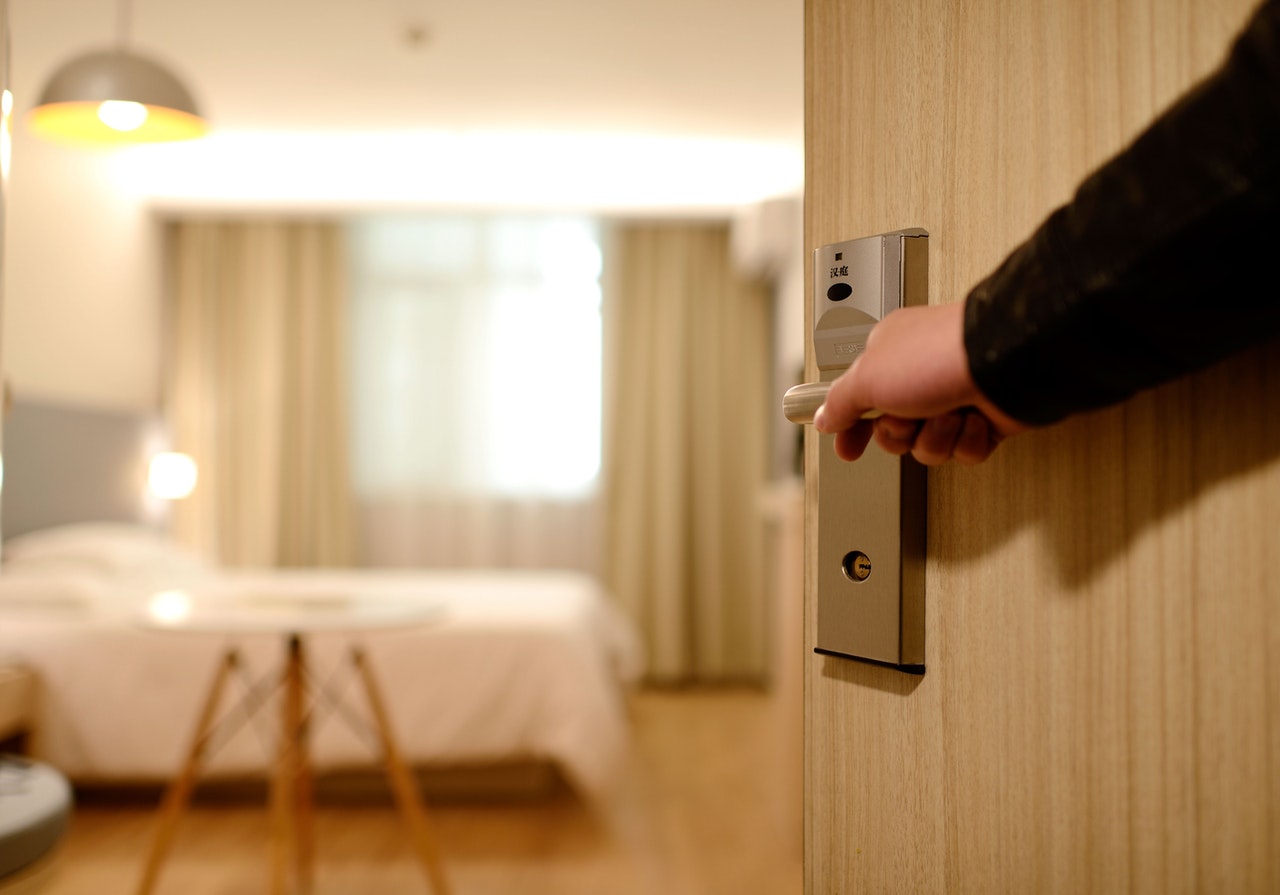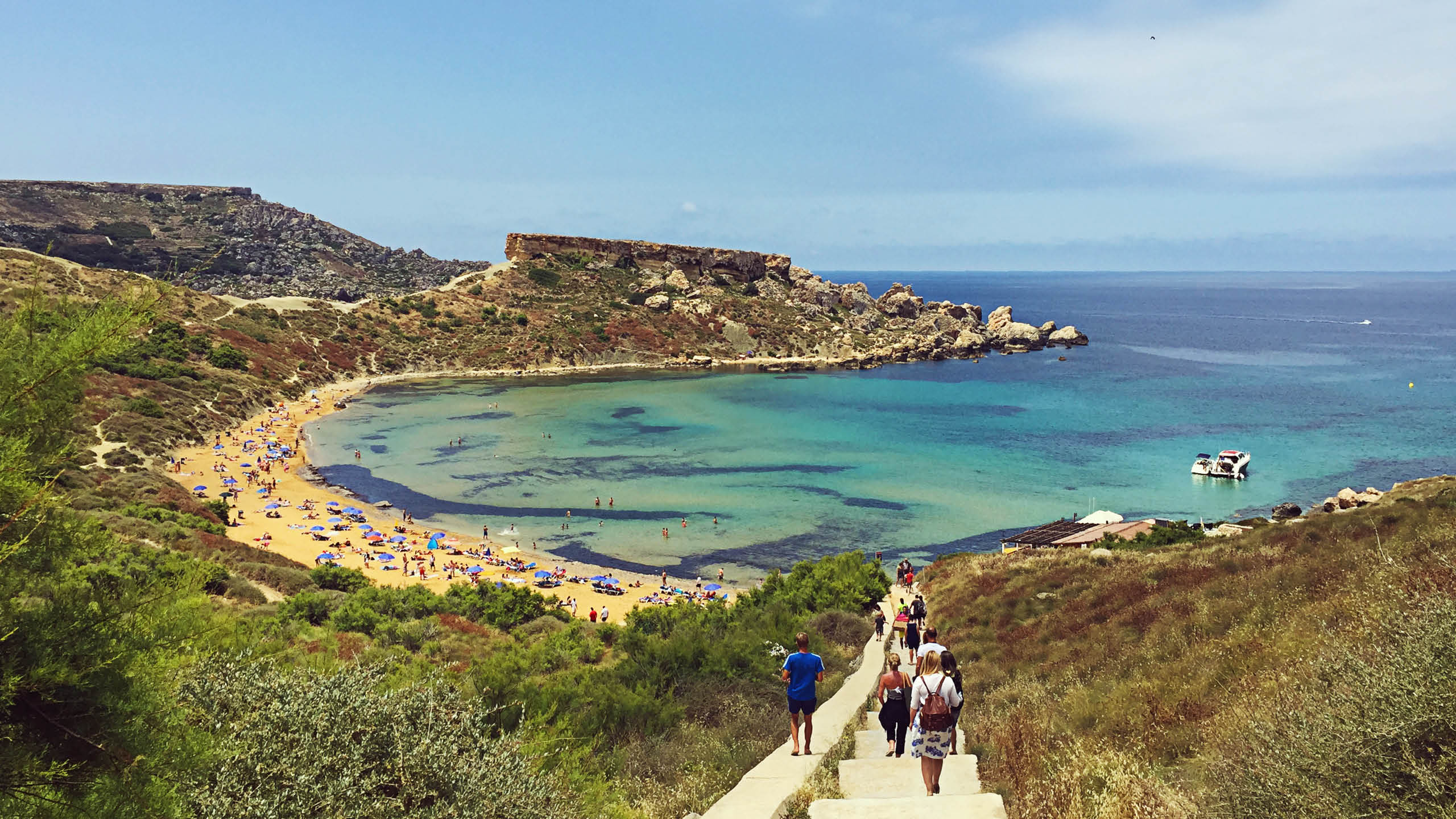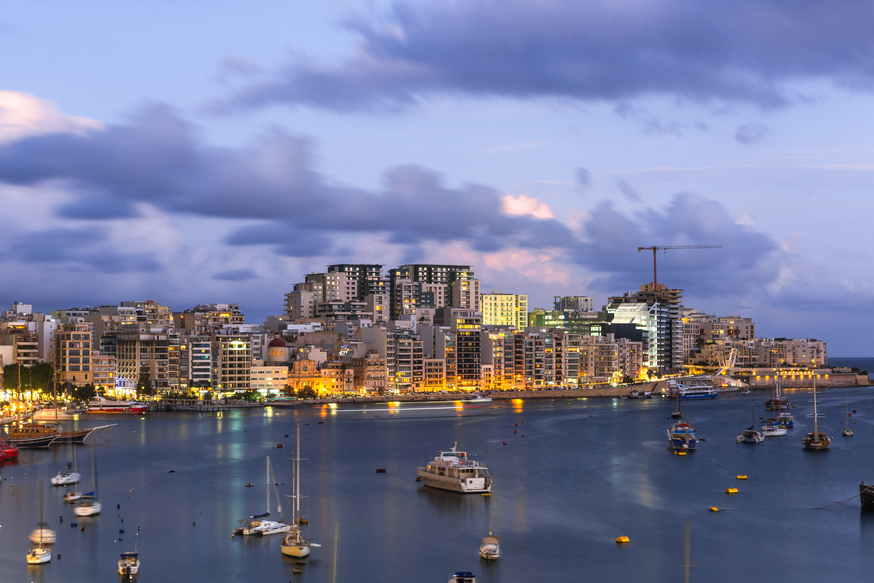The energy subsidy which has kept Maltese electricity prices stable as those of other countries skyrocketed over the last 12 months is “critical” for the Maltese hospitality sector’s competitiveness, according to the Malta Hotels and Restaurants Association (MHRA), which is calling on Government to ensure that any changes to the subsidy take into consideration the lead time necessary for the sector to adapt.
“Business plans and commitments entered by operators in the sector over the next year are based on the assumption that the energy subsidy will be retained for the time being,” it said.
In its pre-Budget proposals, the MHRA highlighted the oversupply of bed stock identified in a study it commissioned last year, carried out by Deloitte. It MHRA said that “several planning policies need to be revised” to bring them in line with Malta’s current tourism strategy.
It noted that simply increasing tourist numbers is not an option, given the negative impact this would have on both residents’ quality of life and tourists’ own experience.
“Therefore, the net socio-economic benefits of a growing tourism industry will start to diminish if the oversupply and sustainability issues are not addressed.”
Similarly, the activities of commercial operators on beaches should be evaluated to address carrying capacity challenges.
The MHRA also warned that problems with waste collection and the contamination of swimming zones with untreated sewage are set to increase unless action is taken, citing the Deloitte study to note that the expected increase in bed stock supply will increase sewage discharge in sensitive areas by over 50 per cent in a relatively short period.
In view of these concerns, it said that additional development in areas like Sliema, St Julian’s, Bugibba, St Paul’s Bay, Xemxija and certain areas in Gozo “requires careful consideration”.
The organisation therefore argued that increasing the number of tourists visiting Malta in the off-peak months “needs to be prioritised”, pointing to the development of less well-established niches like culinary, wellness and health, adventure, nautical and marine, as well as photography and artistic activities. It said that studies should be undertaken to explore each one’s potential, with the most promising supported through active investment in product development, connectivity, resource management and promotion. Such niches should also be considered when considering connectivity options.
It also called on short-let accommodation operators to assume legal responsibility for their tenants’ handling of waste, as well as on authorities to enforce regulations in this sector, noting that as many as 50 per cent are unlicensed and likely untaxed.
The lobby also advocated for the establishment of a benchmark of energy and resource use for hospitality establishments, with incentives for those performing well, and voiced its approval of pay-per-use systems that charge tourists directly for the water and electricity they use to prevent waste.
The MHRA called for efficiency in the handling of work permits for Third Country Nationals, on whose labour the industry depends, but added that these workers should be encouraged to take up courses in English, Maltese and Maltese heritage, as well as professional continuous development programmes.
On the other end of the career ladder, the association suggested the removal of the highly qualified persons tax rule which allows highly skilled and highly paid foreign workers eligible for the scheme to be subject to a flat 15 per cent rate – much lower than the 25 to 35 per cent other workers would need to pay
“The existing scheme is creating an unlevel playing field between the C-suite and other highly qualified individuals who fall within the scope of this tax rule and other highly qualified persons in other industries, including the hospitality sector, that are not covered through these regulations.”
The MHRA also insisted that having a national airline is a “critical success factor” for tourism, saying that Government “must continue working” on its plans to ensure that one continues to exist.
Meanwhile, the “relatively low” value-added per cruise tourist needs to be improved, it said, arguing that further study is required to determine how to increase their local spend while minimising costs and disruption, including through the prioritisation of home porting.
Additionally, a proposed aviation tax, should it pass, will affect Maltese tourism “disproportionately”, it said given the country’s reliance on air links. One way to offset this, proposed the MHRA, is to provide incentives to tourists, since any increase in airlines’ costs will “undoubtedly” be passed on to them.
Għajn Tuffieħa Bay named ‘most beautiful beach in Europe’ for 2024 by European travel platform
The results are based on the votes of 103,224 worldwide travellers
MDA says April 2024 broke records with value of promise of sale agreements surging by 14.4%
A report from the MDA highlights that there were 1,385 promise of sale agreements last month
1,695 businesses found employing non-EU workers illegally in 2023
The figure amounts to a significant portion of all employers in Malta






